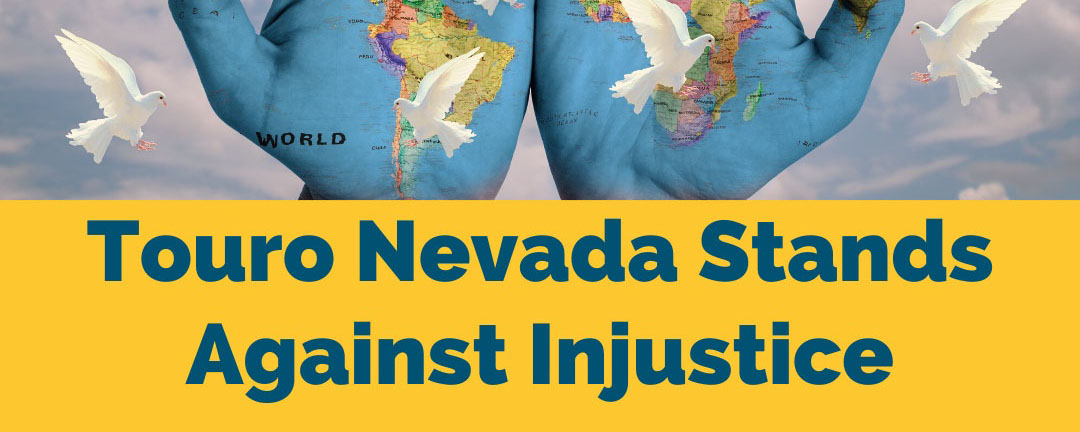
Campus Community Comes Together for “Touro Nevada Stands Against Injustice” Discussion
The Touro University Nevada campus came together for an important virtual discussion called “Touro Nevada Stands Against Injustice.”
In response to the killing of George Floyd and the subsequent international protests against racial and social injustices, several members of the Touro Nevada community wanted to bring the campus together for a critical discussion; with student leaders speaking about the importance of having more minority representation in medical school and other healthcare programs.
“This event was a truly moving and powerful testament to the work that we need to do in our society, both nationally and locally,” said Dr. Philip Tompkins, Dean of Students. “I want to recognize, in particular, Paulina Awuaha, a second-year student in the College of Osteopathic Medicine, who led the program. Special thanks to all of the speakers including Elijah Boston, Alexandria Neal, Paul Gentle, Luis Sanchez, Victoria Basile, Shelley Berkley, Rabbi Fromowitz, Tina Marie, and Minister Jerushia McDonald-Hylton.”
Leaders from the Student National Medical Association (SNMA), Latino Medical Student Association (LMSA), and several additional members of the Touro community, including Paulina Awuah, Luis Sanchez, Chloe Nieves, Rolando Flores, Tava McGinty-Jimenez, Cathy Godfrey, Schyler Richards, and Dr. Tompkins, organized the program.
“This was a great opportunity for education and allowing all in attendance to gain an understanding of the systemic injustices that have plagued this country for centuries, especially the black community,” Awuah said. “As a health and education-focused university, coming together opens the door for increased conversation and greater improvements.”
Elijah Boston, a doctoral student in the School of Occupational Therapy, said having this discussion was critical for the wellbeing of our nation.
“It acknowledges those in our community who may have felt disassociated or unable to voice their concerns. It gives a voice to the voiceless. In light of recent events, much of the nation is finally starting to understand just how deeply rooted systemic and racial oppression extends to the African-American community,” he said. “Coming together to have these tough and potentially uncomfortable discussions is only the beginning to tearing down the long-standing systemic injustices. By having these types of discussions, we open the door to becoming a catalyst for change in healthcare.”
As a way to increase diversity among future healthcare providers, Awuah, who has an interest in pursuing otolaryngology and neurosurgery after she graduates in 2023, said she plans to work on a pipeline program with local high school students. She was also working on the university’s first diversity and inclusion Gala before COVID-19 put her preparations on hold.
“I believe these initiatives will help me going forward, long after I’m finished with medical school,” she said. “This is a passion of mine that will allow me to grow and see inequalities for my future patients.”



